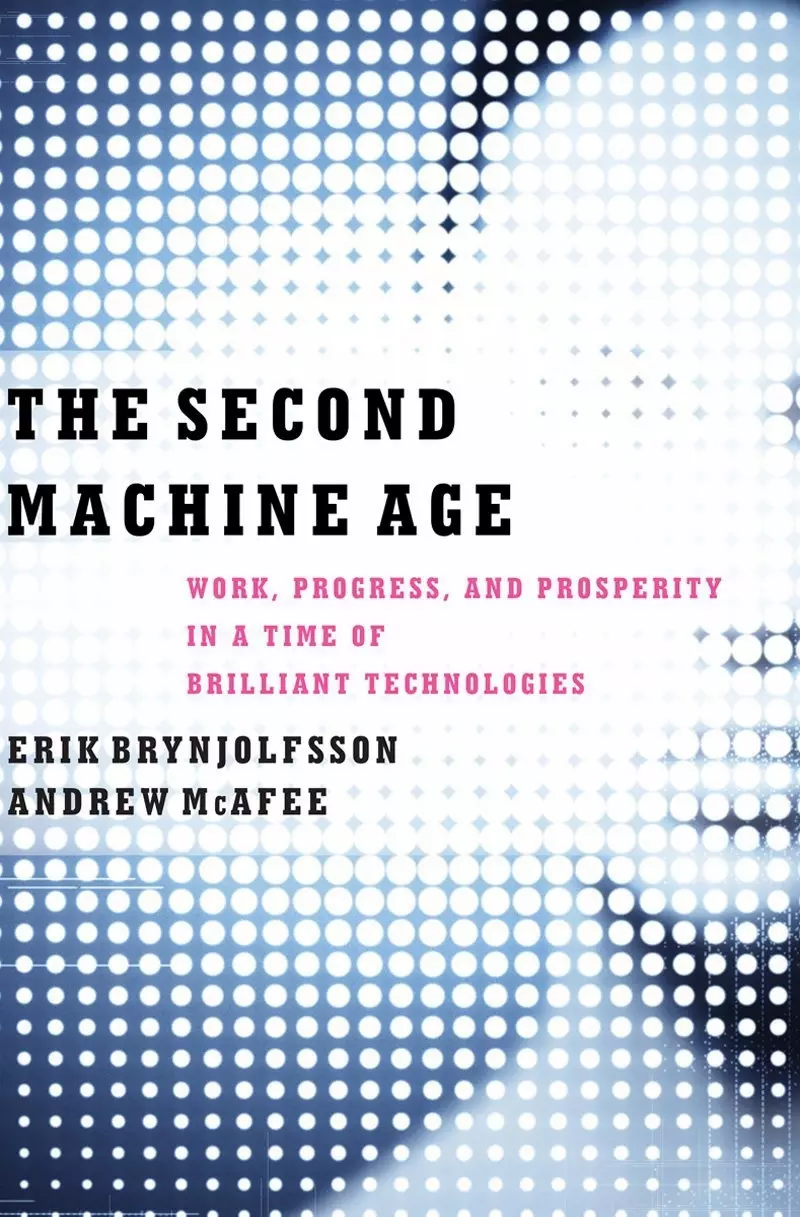The Second Machine Age
Interesting but incomplete
This book updates and amplifies Erik Brynjolfsson and Andrew McAfee’s 2012 ‘Race Against the Machine’, but basically conveys the same message and conclusions. Their first 4 chapters are racy and journalistic but somewhat superficial, making broad sweep claims with little justification, and taking several pages to explain the arithmetic power of exponential growth. Ironic that the text on automation includes the typo ‘The authors cite driving a vehicle in traffic as an example of such as task’(page 18).
Chapter 5 takes us deeper, arguing convincingly that ICT (information and communication technology) is a general purpose technology, and that its combination with other technologies will overcome any apparent ‘productivity paradox’ of ICT slowing productivity growth. Productivity will continue to soar, driven by artificial intelligence and global interpersonal networking. They give lots of interesting examples. They correctly point out that GDP understates economic growth by ignoring the increased consumer surplus of technology driven price reductions, and the abundance of new digital service consumer value. They present the social cost of reduced wages and vastly increased inequality. Their policy recommendations are education, entrepreneurship, and a negative income tax.
They do admit that computers perform less well at tasks like pattern recognition, but dubiously they expect ever more from digitisation which is essentially ‘bottom up’, compared to ‘top down’ analogue human perceptions. Classic cases of this distinction are the human ability to distinguish one person’s face whether they are smiling or scowling, and computer difficulty to translate newspaper headline phrases like ‘Foot heads arms body’ or ‘Canadian left waffles on Falklands’. They don’t address Hubert Dreyfus’s critique of the scope and capability of artificial intelligence. They close their book with a statement that they are not persuaded that technology is deterministic – ‘Technology is not destiny. We shape our destiny’ (page 257) without mentioning the extensive discussion of these issues in the literature on the philosophy of technology. They could have included some discussion of how technology gets or fails to get to market by analysis of its downstream business case, competitive price/performance positioning, and viable value chain. These gaps weaken their discussion.
The economic analysis is also weak. In a thought experiment of a totally automated economy with a machine plugged into the earth to produce the total GDP, there would be no wages. This is an extreme of the present position they present of declining real wages. There would be no demand in the economy rather than the deficient demand we have now. It’s a Keynesian problem. The only solution to this would be the distribution of government vouchers, or a basic, or citizens income. Brynjolfsson and McAfee reject basic income proposals on the grounds that this would disincentivise work, but Malcolm Torry’s recent book on citizens basic income ‘Money for All’ shows this argument to be wrong. Citizens income is the only solution to ultimate pervasive automation.
Geoff Crocker
Editor ‘The Case for Basic Income’
www.ubi.org

